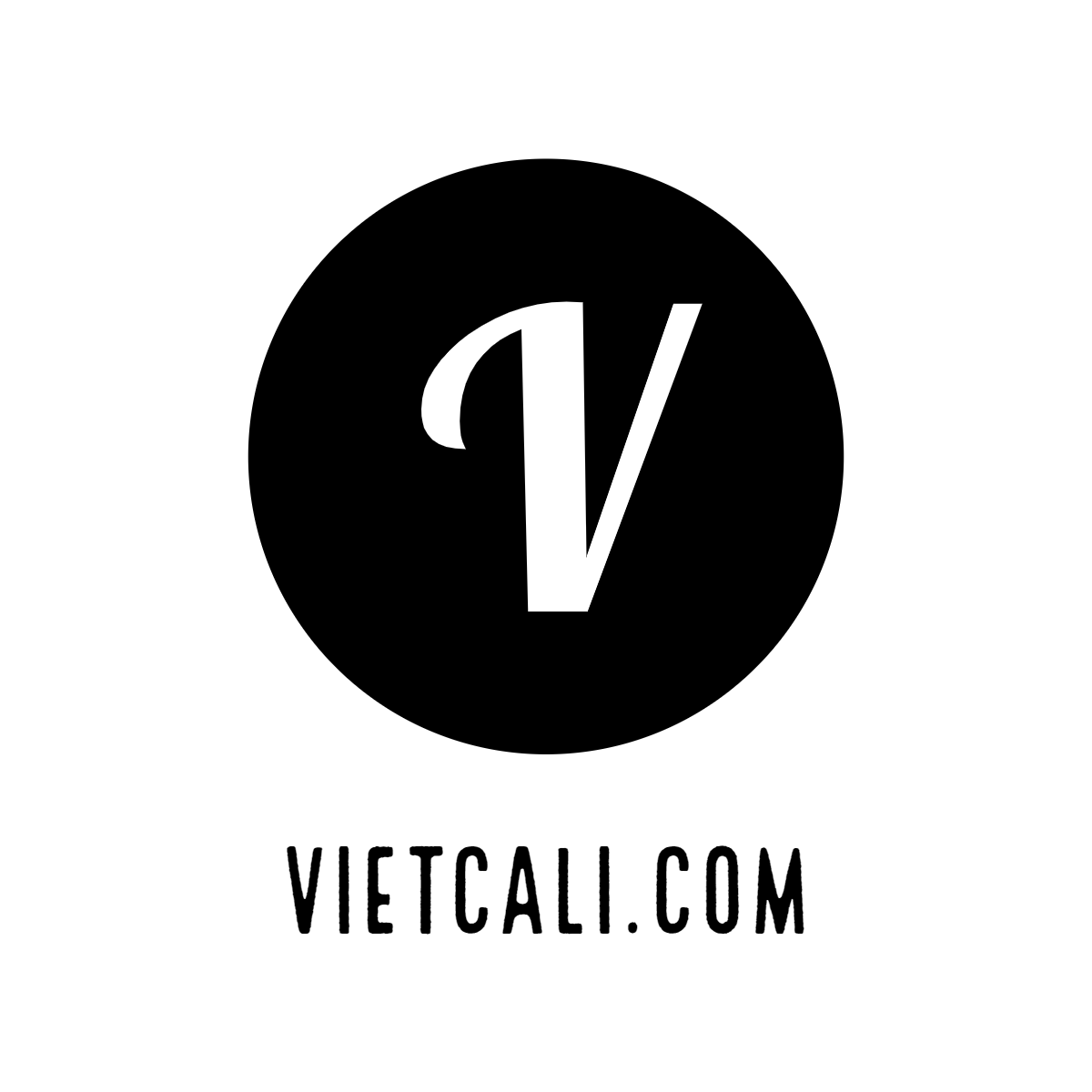Hey everyone! Welcome to the tricky, twisty world of English tenses — where verbs twist, turn, and keep you guessing. If you’re a Vietnamese speaker, get ready, because this is going to be quite the ride.
In Vietnamese, figuring out the timing of an action is a breeze thanks to helpful words like ‘đã’ (already). But in English? Not so much. Instead of simple words, you need to rely on verb forms to show when something happened. It can feel a bit tricky at first.
Here are some examples:
Present Simple:
- English: I walk to the park every day.
- Vietnamese: Tôi đi bộ đến công viên mỗi ngày.
Present Continuous:
- English: I am walking to the park.
- Vietnamese: Tôi đang đi bộ đến công viên.
Past Simple:
- English: I walked to the park yesterday.
- Vietnamese: Tôi đi bộ đến công viên hôm qua.
Past Continuous:
- English: I was walking to the park when it started raining.
- Vietnamese: Tôi đang đi bộ đến công viên khi bắt đầu mưa.
Present Perfect:
- English: I have walked to the park three times this week.
- Vietnamese: Tôi đã đi bộ đến công viên ba lần trong tuần này.
Future Simple:
- English: I will walk to the park tomorrow.
- Vietnamese: Tôi sẽ đi bộ đến công viên ngày mai.
See what I mean? It can feel a bit like finding your way through a maze. But that’s okay — we’ll get through it. And think of all the funny moments we’ll collect along the way, like accidentally mixing up tenses and leaving everyone confused. It’s all part of the journey, right?
The key is to practice, practice, practice — and keep a sense of humor. Before long, conjugating verbs will feel natural, and English tenses will become second nature.
Below is a quick reference table of English tenses with descriptions and examples:
| Tense | Description | Example (English) | Example (Vietnamese) |
|---|---|---|---|
| Present Simple | Describes regular actions or facts. | I walk to the park every day. | Tôi đi bộ đến công viên mỗi ngày. |
| Present Continuous | Describes actions happening now. | I am walking to the park. | Tôi đang đi bộ đến công viên. |
| Past Simple | Describes completed actions in the past. | I walked to the park yesterday. | Tôi đi bộ đến công viên hôm qua. |
| Past Continuous | Describes ongoing actions in the past. | I was walking to the park when it started raining. | Tôi đang đi bộ đến công viên khi bắt đầu mưa. |
| Present Perfect | Describes actions that happened at an unspecified time or have relevance now. | I have walked to the park three times this week. | Tôi đã đi bộ đến công viên ba lần trong tuần này. |
| Past Perfect | Describes actions that were completed before another past action. | I had walked to the park before it started raining. | Tôi đã đi bộ đến công viên trước khi trời bắt đầu mưa. |
| Future Simple | Describes actions that will happen in the future. | I will walk to the park tomorrow. | Tôi sẽ đi bộ đến công viên ngày mai. |
So let’s embrace this challenge. Who knows, you might even end up liking English tenses more than the ones in Vietnamese. After all, when else do you get to make verbs do a little dance? Happy conjugating!
